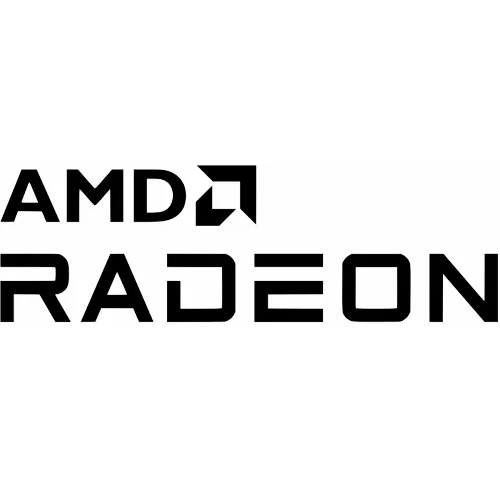Linux 3.18 Should Let Radeon GPUs Clock Higher For OC'ed Cards

While all the major Linux 3.18 DRM graphics features are already queued for this next merge window, a few more Radeon DRM changes were submitted this week. Topping off the AMD Radeon features for Linux 3.18 on top of R600 UVD video decoding support, Userptr support, and concurrent buffer read support is some Radeon Dynamic Power Management (DPM) tweaking.
With this latest pull request that Alex Deucher describes as "pretty non-invasive", some DPM features get re-enabled. Some DPM power management functionality was disabled previously due to a bug, but that bug has been fixed since the Linux 3.16 kernel so now they're ready to re-enable the previously faulty code.
The code that was removed with this new pull request deals with previously limiting clocks to the max supported clocks based on their voltage dependency tables. The related bug was year-old Bug 69721 ("Can't reach maximum memory speed (or core speed) when using dpm=1 on r600g on cards not sticking to reference board") about not being able to reach maximum memory speeds on graphics cards not sticking to AMD's reference board designs. With the code removed in this latest pull request, it sounds like the graphics cards not sticking to AMD's reference GPU core/memory frequencies are now able to reach their original, vendor-intended target frequencies -- i.e. the factory-overclocked GPU settings.
This pull request also has some Radeon HDMI audio code changes. The pull request can be found via dri-devel.
14 Comments

